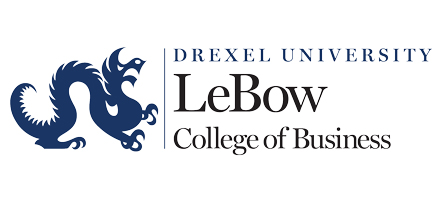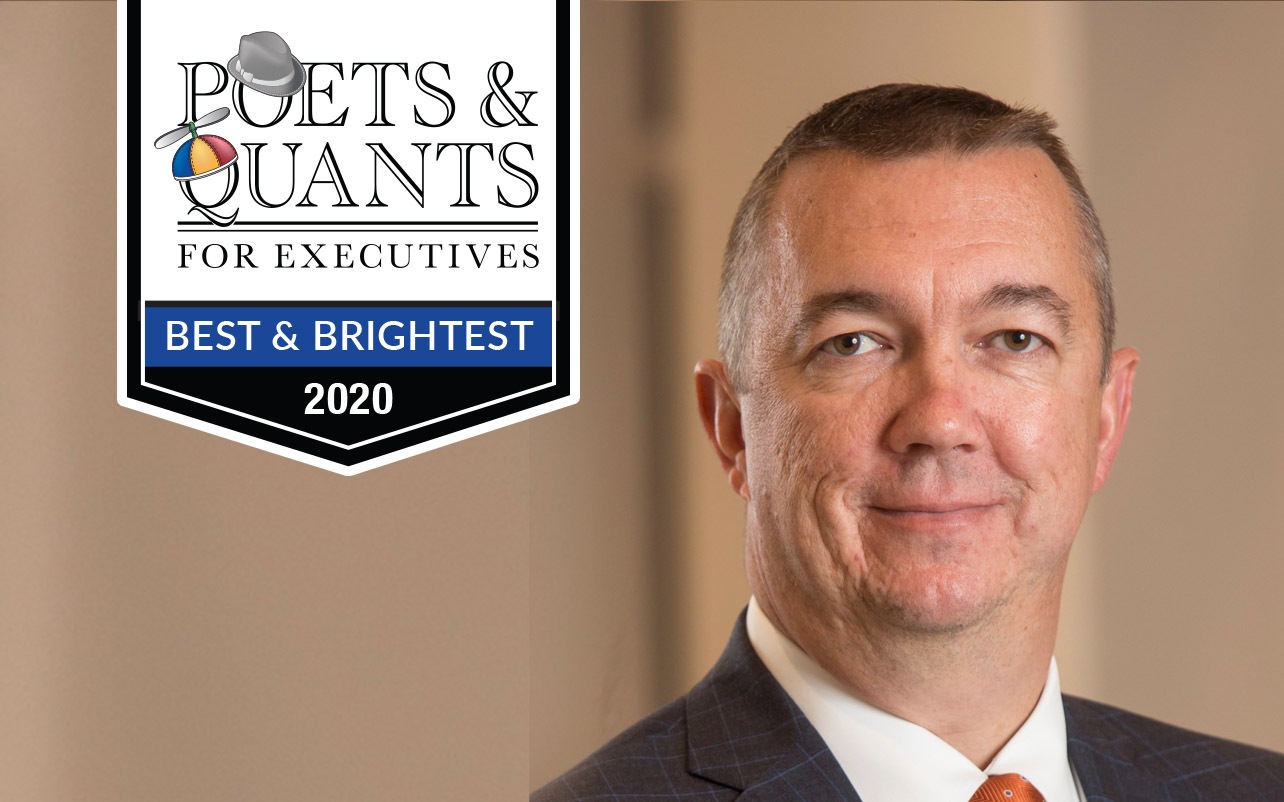Jason Carter
Washington University in St. Louis, Olin Business School
Age: 50
“Navy officer turned entrepreneur who succeeded by being a life-long learner, risk-taker, leader and mischief-maker.”
Hometown: Pacific, Missouri
Family Members: Wife—Donna; Sons—Nolan, Seth and Paul; Daughters—Anna and Emily
Fun fact about yourself: I was in a submerged collision with a Russian submarine 20 miles off the coast of Russia; in the Pentagon for 9/11; in the Far East for the Boxing Day tsunami of 2004; in the Persian Gulf for “shock and awe”; and on the USS ABRAHAM LINCOLN for President Bush’s infamous “Mission Accomplished” speech; and—in all that—never got shot in the buttocks.
Undergraduate School and Degree: BS, Metallurgical Engineering, University of Missouri at Rolla; MS, Information Technology Management, Naval Postgraduate School; Masters, Military Operational Art & Science, Air University
Where are you currently working? I am the founder and president of UNCOMN LLC.
Extracurricular Activities, Community Work and Leadership Roles: I am the founder and board president of two nonprofits: CyberUp and The UNCOMN Foundation. I serve on the boards of the Navy League St. Louis Council, FOCUS St. Louis, and the Armed Forces Communications and Electronics Association–St. Louis Chapter. I am a limited partner in SixThirty Cyber accelerator/investment fund, and a ruling elder in my church, Providence Reformed Presbyterian Church of St. Louis.
Which academic or extracurricular achievement are you most proud of during business school? I am most proud of founding and serving as the board president of CyberUp, a nonprofit that cultivates the cybersecurity talent pipeline by engaging youth and providing training/apprenticeship opportunities for adults.
What achievement are you most proud of in your professional career? I am most proud of founding UNCOMN—an award-winning consultancy—and leading it to the place where it was St. Louis’ #1 fastest growing business in 2017 (for the years 2014 through 2016), a Top Workplace in St. Louis three years running and an Inc. 5000 America’s Fastest-Growing Private Companies for four years running.
Who was your favorite MBA professor? My favorite professor was Ron King—a down-to-earth professor who knew his stuff taught well and took a keen interest in each of the students under his tutelage.
Why did you choose this school’s executive MBA program? I was interested in a top-tier business school that was conveniently located, involved in the Yellow Ribbon program so that I maximized use of the GI Bill and would introduce me to the region’s best business network.
What did you enjoy most about business school in general? I enjoyed the personal interaction with top-tier professors, enabling me to challenge both my own assumptions and those of the reigning orthodoxy.
What is the biggest lesson you gained during your MBA and how did you apply it at work? I was keenly interested in all of the strategy classes, which helped me learn how to tighten my loose ideas about strategizing for my own company into tight, well-articulated strategies for how we would scale from a small- to mid-sized and even a large business over time.
Give us a story during your time as an executive MBA on how you were able to juggle work, family, and education? Juggling family was not a huge struggle for me, as my wife successfully raised five kids while I was sailing the seven seas on either a submarine or aircraft carrier, and the youngest was 16 when I started this program. Running a business, however, never stops. It was always a challenge making Professor John Horn think I was taking notes when I was keeping the business going during his class.
What advice would you give to a student looking to enter an executive MBA program? Go in seeking to learn above all else. It’s not the credentials or the grades that count, so as an executive juggling many priorities, focus on the most important thing: learning lessons that you can take with you back to your business and your life.
What is the biggest myth about going back to school? The biggest myth about going back to school was that I would be immersed in readings 15 to 20 hours each week. By prioritizing and focusing on the most important things, you can successfully navigate all of the challenges facing a student during a program such as this.
What was your biggest regret in business school? Coronavirus hit us our last two months, preventing in-person classes; my biggest regret is not being able to spend those last sessions with the great friends I made during the program.
Which MBA classmate do you most admire? I most admire Ben Hjelle. Ben has one of the most diverse and interesting backgrounds of anyone I’ve ever met—a keen intellect and the ability to articulate his thoughts on a very broad knowledge base. He’s a true Renaissance man.
“I knew I wanted to go to business school when… I sat in on one of Professor Todd Milbourn’s Saturday finance classes while being recruited.
What is your ultimate long-term professional goal? I want to grow my company until it is a regional powerhouse with a national presence and use the wealth and influence gained through that process to cultivate beautiful things in the region I love: St. Louis.
In one sentence, how would you like your peers to remember you? I hope my peers remember me as a man of action—someone who believes in worthwhile things and pursues them until conquered.
What are the top two items on your bucket list? 1) Living vigorously to the end (I’ve always hoped to go out in a blaze of glory) and 2) A worthwhile epitaph.
What made Jason such an invaluable addition to the Class of 2020?
“Like most achievers, Jason has strong native intelligence, impressive grit, and a finely honed sense of team-building.
But he has two core aspects that make him a special leader: Vision and Pattern Recognition.
Vision: Jason has a 360-degree line-of-sight related to people and surroundings. Intuitively, he can glean team status and the environmental challenges members face as they progress toward the group’s stated destination. He may have developed this power as a Navy officer and the need to be constantly vigilant about one’s team in their surroundings (I doubt he will ever be out-flanked).
Pattern Recognition: Jason has a special detector to separate irrelevant details from those that merit additional attention and study. He can connect the dots in a most creative way.
Based on vision and pattern recognition, Jason forms mental models that help him lead his team to the best possible decisions.
As a simple metaphor to highlight these dual abilities, Jason is the type who, when driving, only needs to check his rear-view mirrors sparingly, yet he is keenly aware of all relevant factors and can accurately anticipate opportunities and challenges (all while carrying on an active conversation about American Literature).”
Ronald King
Senior Lecturer in Accounting
DON’T MISS: THE FULL LIST OF THE TOP 100 BEST & BRIGHTEST EXECUTIVE MBAS OF 2020





